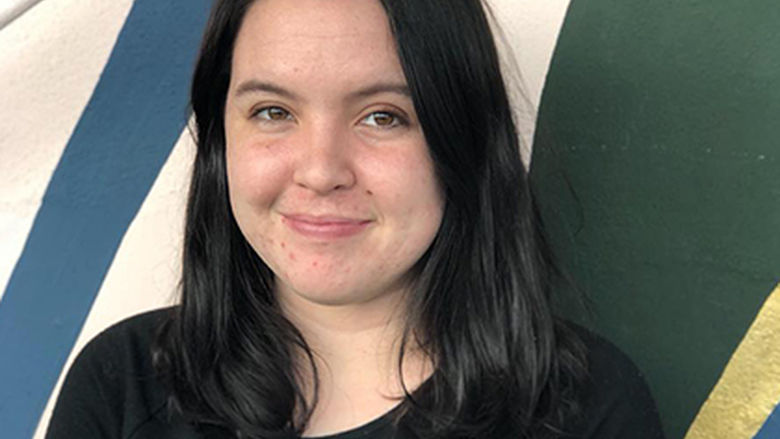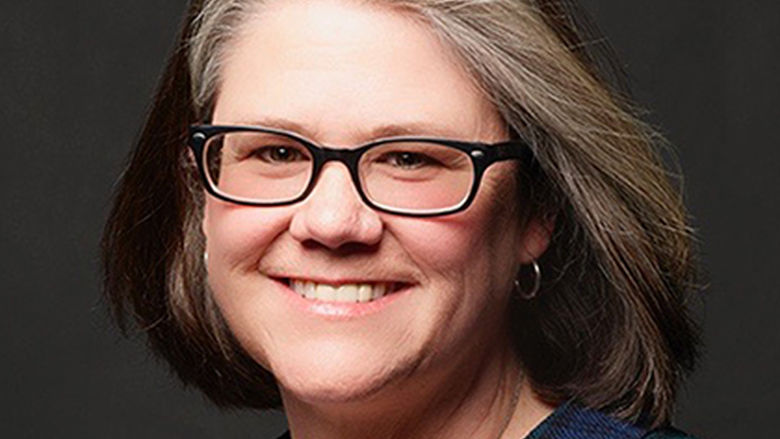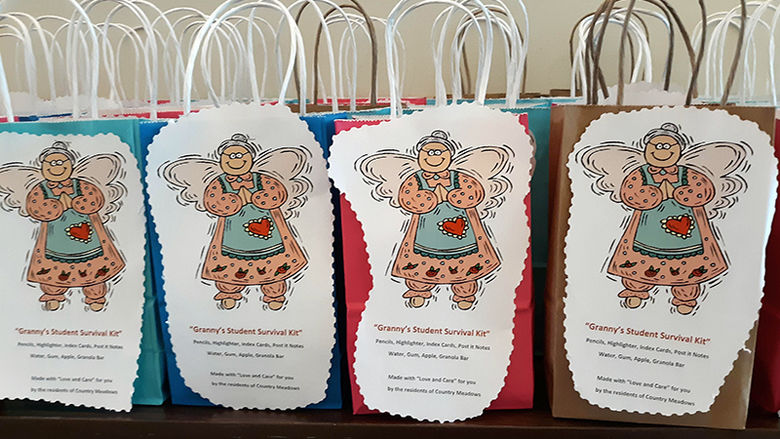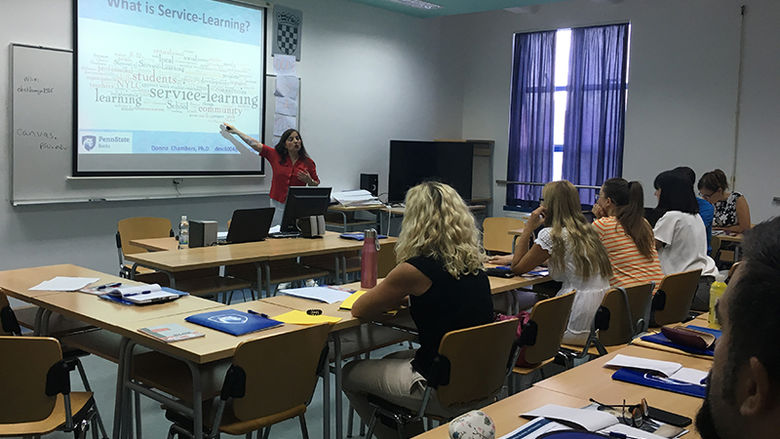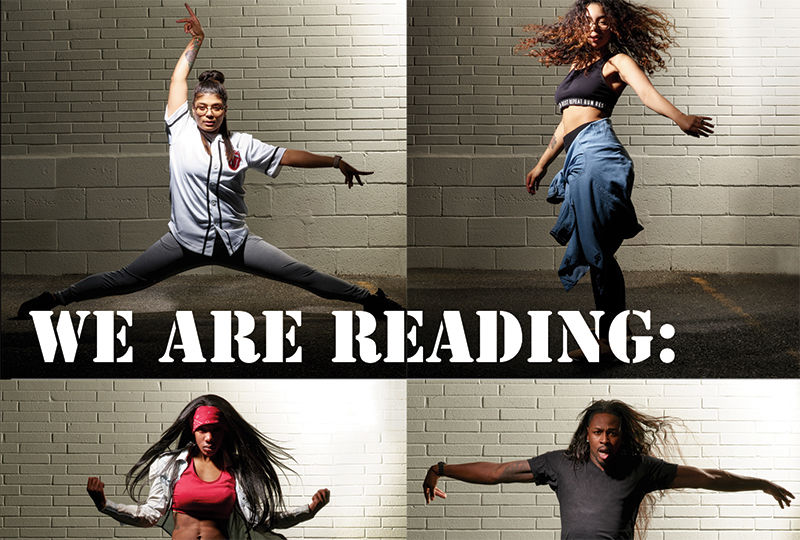
WYOMISSING, Pa. — What started as a class project has grown into an intimate look inside the lives of six hip hop dancers from the City of Reading. Students from Penn State Berks and Albright College have partnered with some of the dancers who performed in “This Is Reading,” a performance art installation unveiled in 2017, to publish a book titled “We Are Reading: Dancing in the City.”
A book launch event will be held from 5 to 7 p.m. on Wednesday, May 1, in Studio 411 of the GoggleWorks Center for the Arts, 201 Washington Street in Reading. This event is free and open to the public and it will feature performances by the dancers and free copies of the book for the first 150 attendees.
For the project, five Penn State Berks student writers and 17 student designers from Albright worked with the dancers who were recruited to perform in “This Is Reading” alongside professional dancers from Philadelphia and New York in 2017. The dancers’ stories parallel the continued revitalization efforts in Reading.
The six dancers include Theresa Gonzalez, Liyanah Mann, Ashanique Monlyn, Stephanie Seda, Caliph Shabazz and Jaymes Williams. They have parlayed their experience to make a positive impact on the city. Some currently work or volunteer for RIZE, a youth arts nonprofit organization, where they teach free hip hop dance to children at the GoggleWorks Center for the Arts. They also perform professionally under the group name “We Are Reading” at special events.
The project uses the dancers’ stories as a vehicle to gain understanding of life in Reading, along with its challenges and triumphs. The stories about these young dancers offer a way to engage with the city and look to possibilities for its future.
Penn State Berks students enrolled in an independent study course taught by Laurie Grobman, professor of English and women's studies, and Cheryl Nicholas, associate professor of communication arts and sciences, interviewed the dancers and wrote their stories. Students Imane Guisse, class of 2019; Meghan Antosy, class of 2018; Symone Corbin, class of 2018; Rachel Hayes, class of 2018; and Chelsea Watts, class of 2018, wrestled with ethical and perspectival considerations when writing about people whose lives differ from their own and the potential intervention in the city’s cultural and historical identity through these collaboratively produced and performed narratives.
In addition, Penn State Berks alumna Regina May Goins, class of 2013, of Willow Street Pictures, donated her work as the book’s main photographer.
Meanwhile Albright design students enrolled in the college’s Digital Design course worked under the supervision of Heidi Mau, assistant professor of communications, to tell the dancers’ story through powerful design and supporting photography.
“This is Reading,” a performance art installation combining dance, film and theatre, was written by Pulitzer Prize-winning playwright Lynn Nottage as an attempt “to capture the voice of a city that is grappling with how to reclaim a narrative that has been fractured along racial and economic lines, with renewed energy and spirit to carry it to a level of greater prosperity and hope.”
“We are Reading: Dancing in the City” aims to build on the work of “This is Reading” by delving into the lives of these six Reading residents and their perspectives on their city. The project uses the dancers’ stories as a vehicle to gain understanding of life in Reading, along with its challenges and triumphs. The stories about these young dancers offer a way to engage with the city and look to possibilities for its future.
This project was supported by Penn State Berks through the Mrs. Harold M. Grout and Mrs. C. Glenn Kauffman Endowment for the Arts and the Penn State Berks Center for Academic Community Engagement (CACE).
For more information, visit WeAreReading.org or contact Michelle Hnath, program assistant for the Center for Academic Community Engagement, at 610-914-7595 or via email at MAH629@psu.edu.
About the Center for Academic Community Engagement (CACE)
The Center for Academic Community Engagement (CACE) supports faculty and students who engage with community partners in collaborative, impactful work that both enriches student’s course learning and contributes to community well-being. CACE establishes partnerships with agencies focused on social justice, mentoring/tutoring and social entrepreneurship. Since 2010, CACE has facilitated more than 40 academically grounded college-community partnerships. CACE engages in service learning and community-based research projects with a commitment to reciprocal partnerships, defined by mutual respect for what each side each brings to the table.
